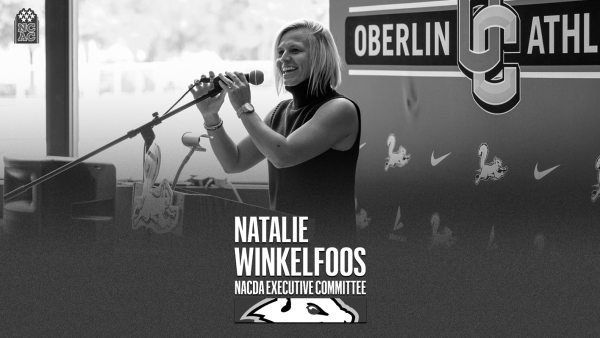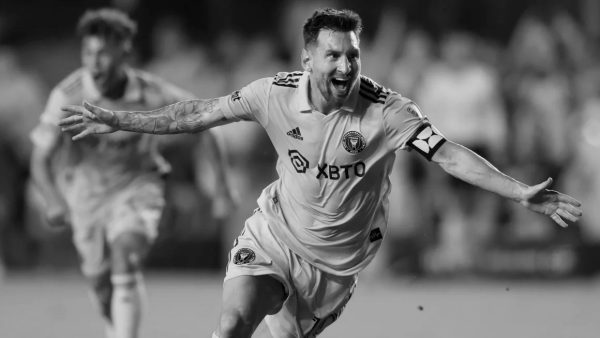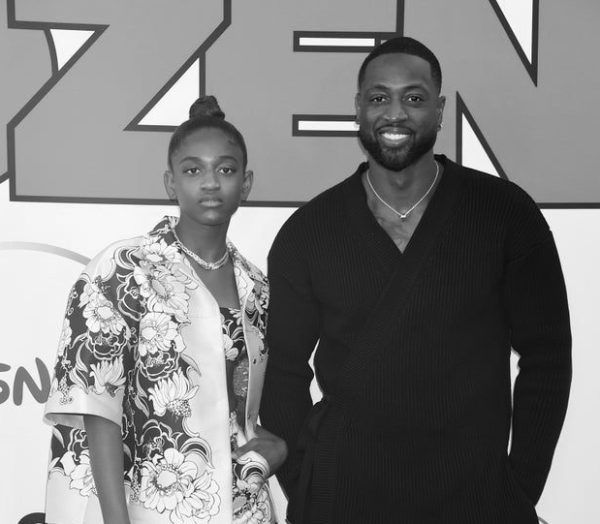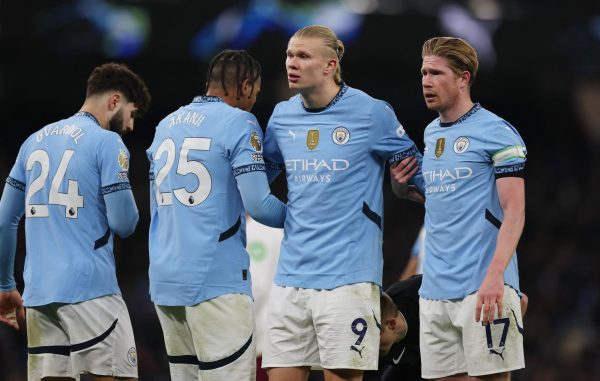NCAC Athletes Must Increase Tolerance for Opponents
Oberlin is an institution composed mostly of students whose political views fall on the left side of the spectrum. Because of this, there are many stereotypes associated with the typical “Obie.” As a member of the Oberlin football team, I can personally say that my peers from other institutions have stereotyped me on multiple occasions.
Bigotry is definitely a contributing factor to the stereotypes Oberlin student-athletes face. For instance, I have been called the N-word on the field before — and yes, the person was white. We shared a few choice words afterward and he tried to accuse me of being soft for being offended by his disrespectful word choice.
At that moment, I felt that I would have been 100 percent justified to act out, but I could have faced ejection and cost my team a penalty. It wasn’t worth all of that, especially since the referee didn’t hear this person say the N-word. It’s quite frustrating to deal with, and I’m definitely not the only person who has been called such a derogatory name on the field. I have Black teammates who have experienced that kind of racist altercation before. Unfortunately, it’s normal for Black athletes to face racism.
The worst part about this — excluding the blatant racism — is that whenever I try to defend myself, the response I get is, “Oh, well, you go to Oberlin. Of course, you’d be upset.”
You’re absolutely right. I am upset, and I have every right to be upset. Just because I go to a school that is predominately on the left side of the political spectrum, doesn’t mean I get offended by every little thing. I feel like I can speak for my fellow student-athletes on that.
When I’m faced with racial slurs, I’m not going to sit back and tolerate it. I can’t imagine how many other Oberlin student-athletes have experienced bigotry on the field or on the court.
I hear these criticisms often when I am on the field against other teams: Obies are soft; they don’t know how to take a joke; they try their absolute hardest to be woke; they are the typical social justice warriors who find — and create — problems to be upset about.
I have heard people stereotype Oberlin students as over-sensitive more times than I can count. I’ve heard this from our opponents and non-Oberlin students all the time, and it’s extremely frustrating to know that this is their flawed view of our school. Then there’s also the stereotype of Obies being coddled in their social bubble. Oberlin students can’t handle the dangers and adversities of the real world. These are real-life interactions that Oberlin student- athletes receive from their opponents all the time.
It’s time for our fellow Division III institutions to understand that Oberlin College contains more differences within our community than people realize. Our athletic programs are some of our strongest sources of diversity.
I have teammates who identify as liberal. I also have teammates who identify as conservative. Most people who know of Oberlin’s progressive reputation wouldn’t believe I have conservative teammates, but it’s definitely something worth acknowledging.
When our opponents assume that our entire team is on the left side of the political spectrum, it speaks against the values of those who don’t associate themselves with that. I’m not validating their views by any means — I’m simply pointing out that there is more diversity to the team than people assume. When our opponents make assumptions about our beliefs, it puts the focus on politics rather than our overall talent and effort.
Many schools in the North Coast Athletic Conference consist of homogenous demographics from a small region of the country. The people we play may not have as much tolerance for other races and sexualities, which leads to immediate conflict when it comes to those who belong to marginalized communities.
While Oberlin has its own problems, I’m proud to admit that it attracts students from diverse backgrounds. Because of this, there’s more acceptance within our athletic community than many of the teams we face. Hopefully, the conference as a whole will improve its tolerance of all people, but we have a long way to go until that happens.








